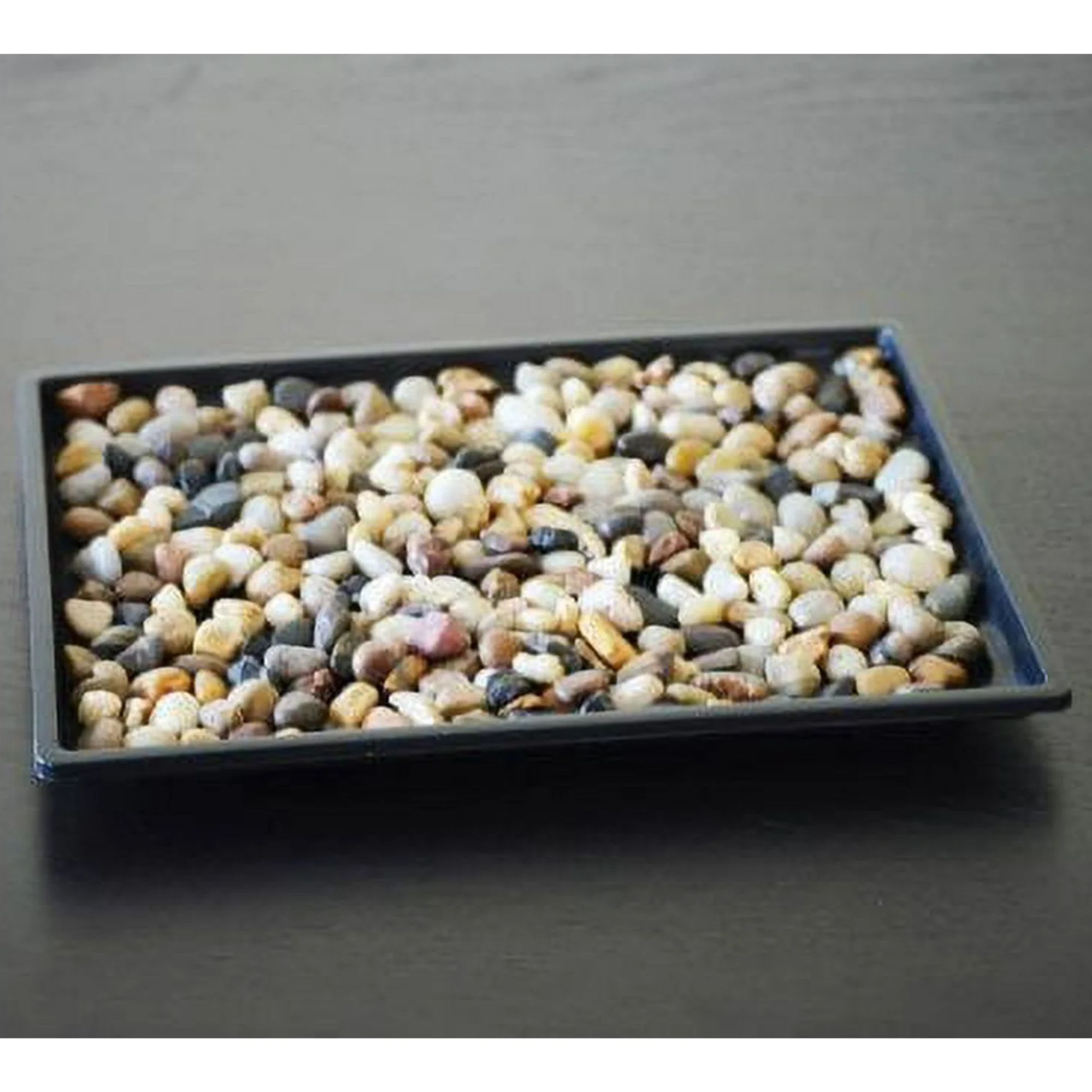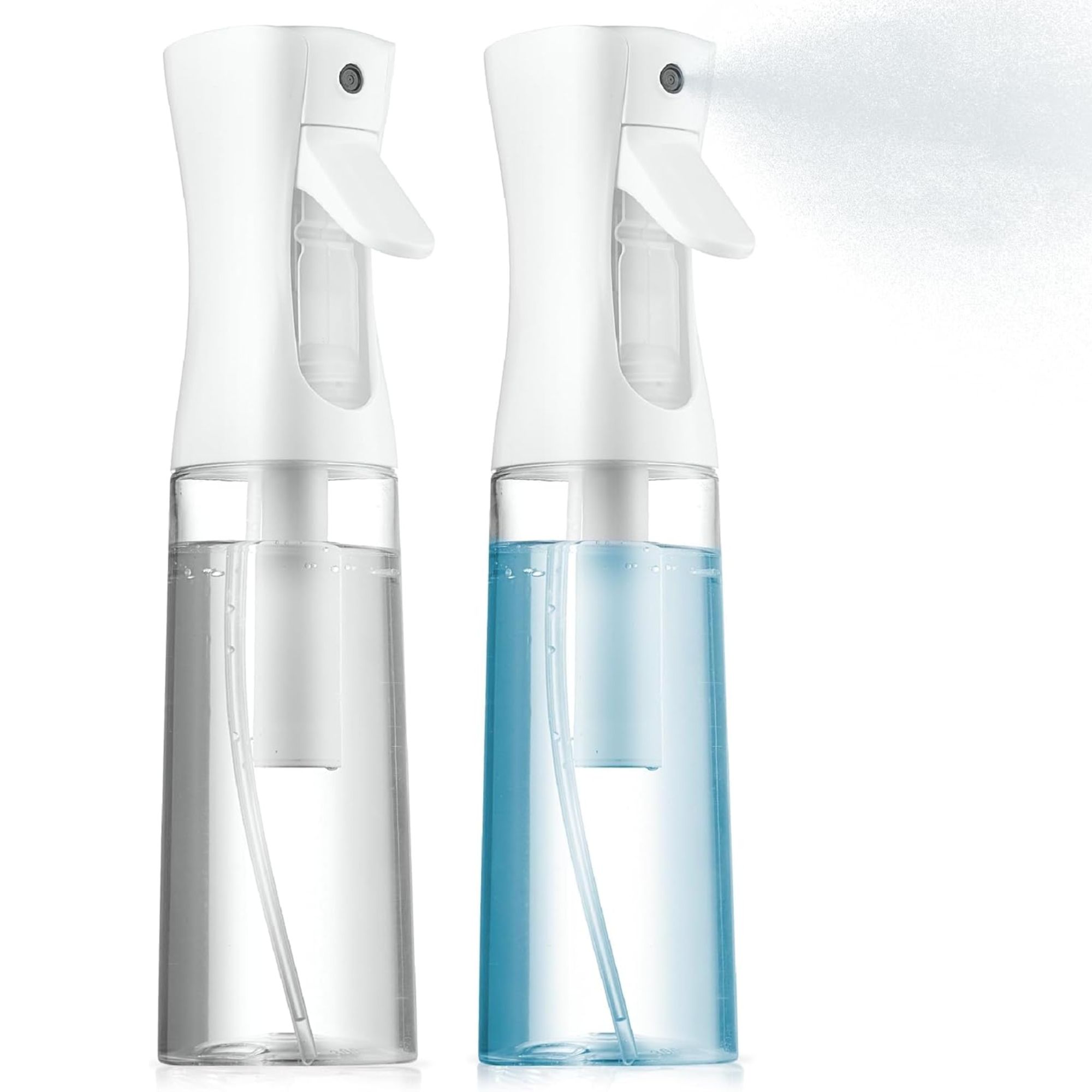How to care for a trailing jade plant – 9 simple steps for successful growth
Trailing jade plants flourish when their natural environmental conditions are recreated – these are the steps experts take to keep this plant thriving

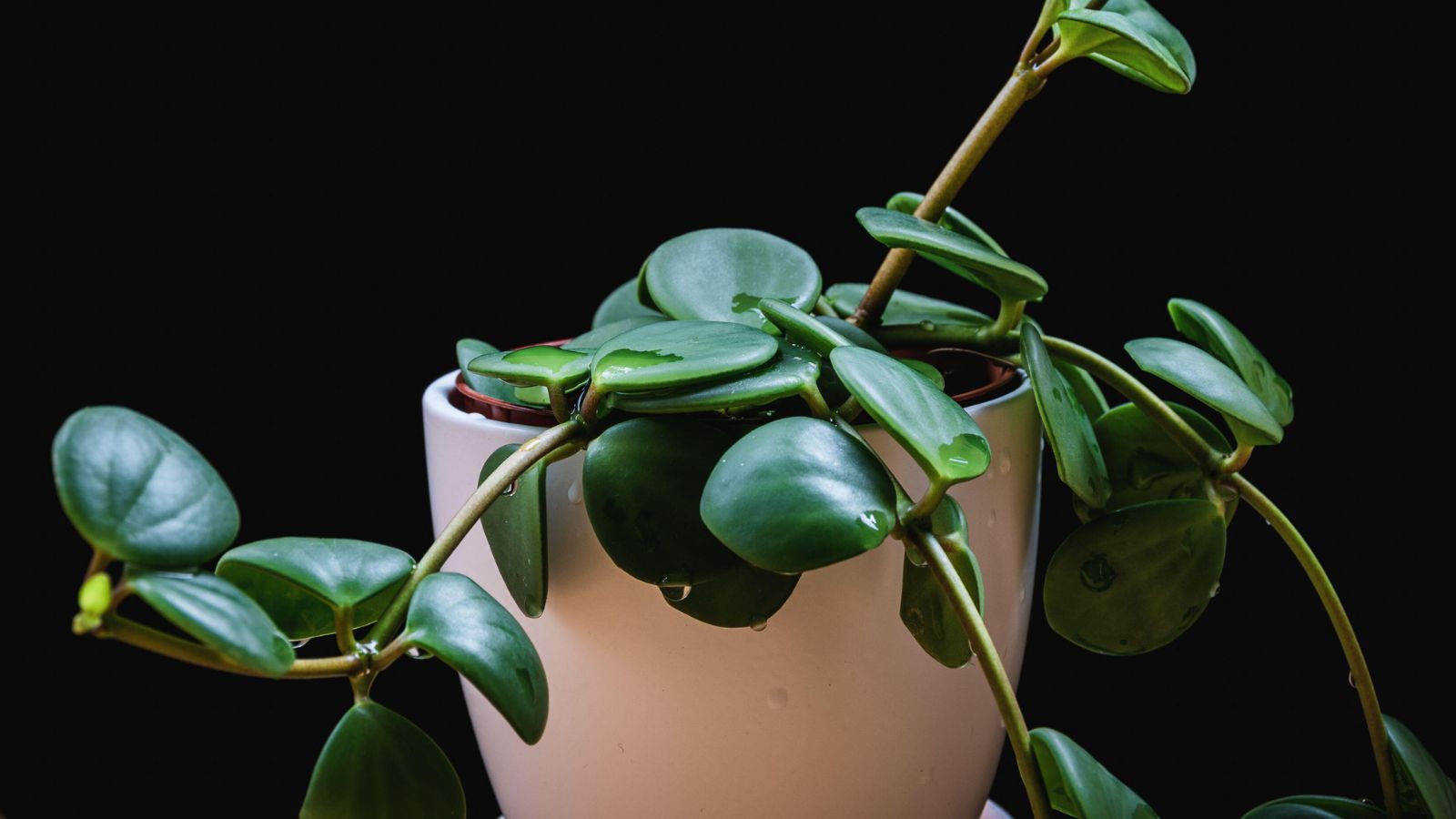
- 1. Provide bright but indirect light
- 2. Adopt a soak-and-dry approach
- 3. Maintain moderate humidity
- 4. Keep the temperature within 65°F to 75°F
- 5. Use well-draining soil and pots with drainage holes
- 6. Fertilize sparingly during the growing season
- 7. Prune before the growing season
- 8. Inspect for pests regularly
- 9. Repot every few years
The trailing jade plant (Peperomia rotundifolia) is a low-maintenance gem, making it perfect for both busy plant enthusiasts and beginners alike. Its vibrant, round, succulent leaves grow on cascading vines that can reach up to 12 inches long, adding instant charm to any indoor space.
Native to Central and South America, this radiator plant can thrive indoors in cooler climates, and with just a few simple care steps, you can create the perfect environment for healthy growth, ensuring yours flourishes year-round.
Similar to caring for a jade plant, its close relative, the trailing jade has specific needs that can be easily met with the right steps. We spoke to experts who recommend a few key tips to maintain its health and beauty, helping it thrive in your home.
1. Provide bright but indirect light
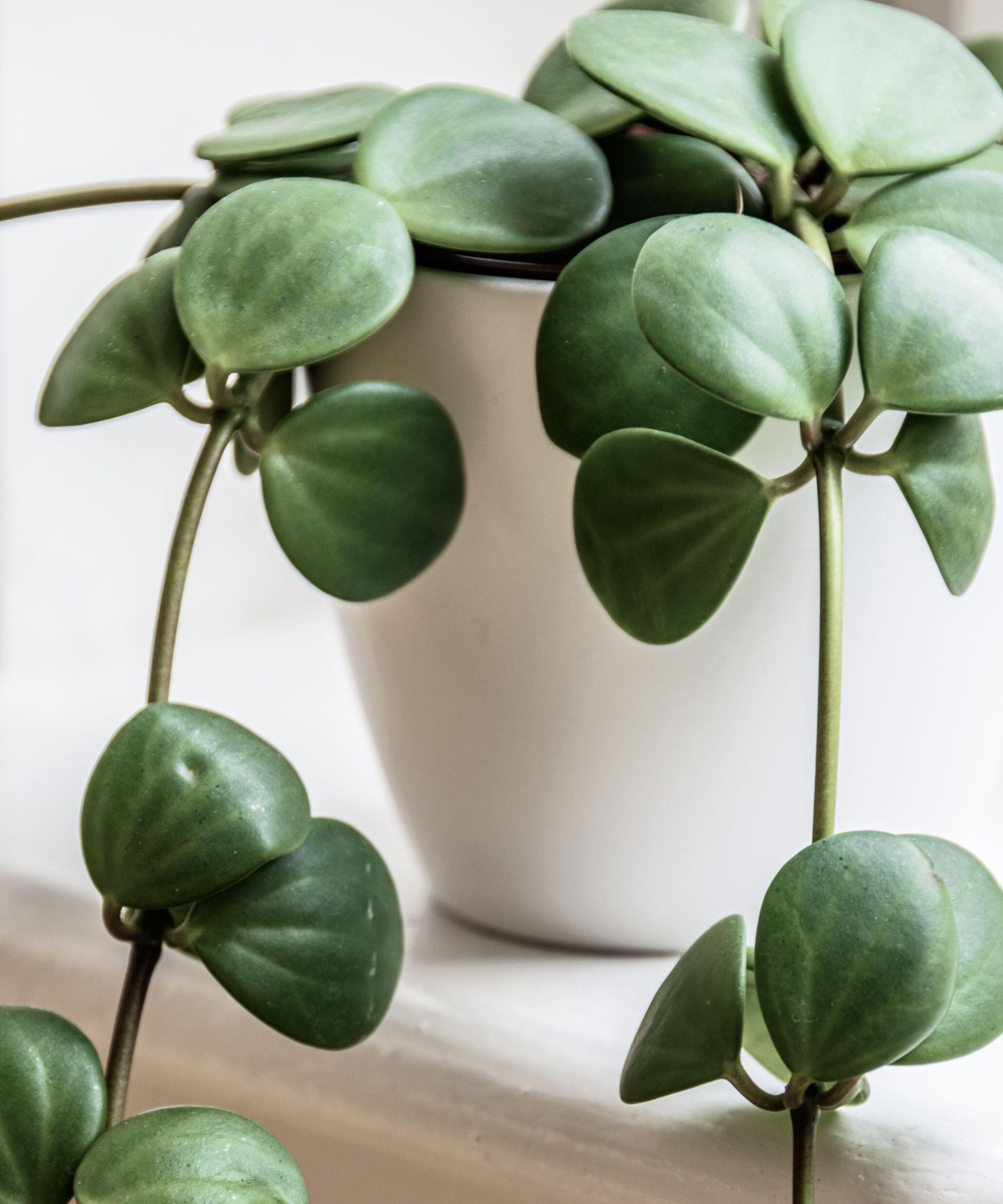
Trailing jade plants are best positioned near an east or north-facing window.
'Trailing jade plants grow best in bright but indirect lighting,' says horticulturist and owner of Splendid Landscape, Kaushikan Ganesan. 'Direct intense sun rays can be damaging to the delicate leaves but low levels of light can also result in legginess.'
While this hardy succulent can tolerate short periods of direct sun, excessive sunlight may cause the leaves to fade, signalling that its placement needs adjusting. Additionally, while it can survive low light levels, it will grow longer stems and appear less colorful.
During the winter months, when natural light is limited, you can use grow lights on the plant to help maintain its vibrancy. This SANSI grow light, equipped with a convenient automatic timer, has over 2,200 reviews on Amazon and an impressive 4.6-star average rating.
Design expertise in your inbox – from inspiring decorating ideas and beautiful celebrity homes to practical gardening advice and shopping round-ups.

Kaushikan Ganesan is the owner of Splendid Landscape and a dedicated horticulturist. His passion lies in creating thriving, sustainable landscapes that harmonize nature and design, fostering environments where both plants and people can flourish.
2. Adopt a soak-and-dry approach
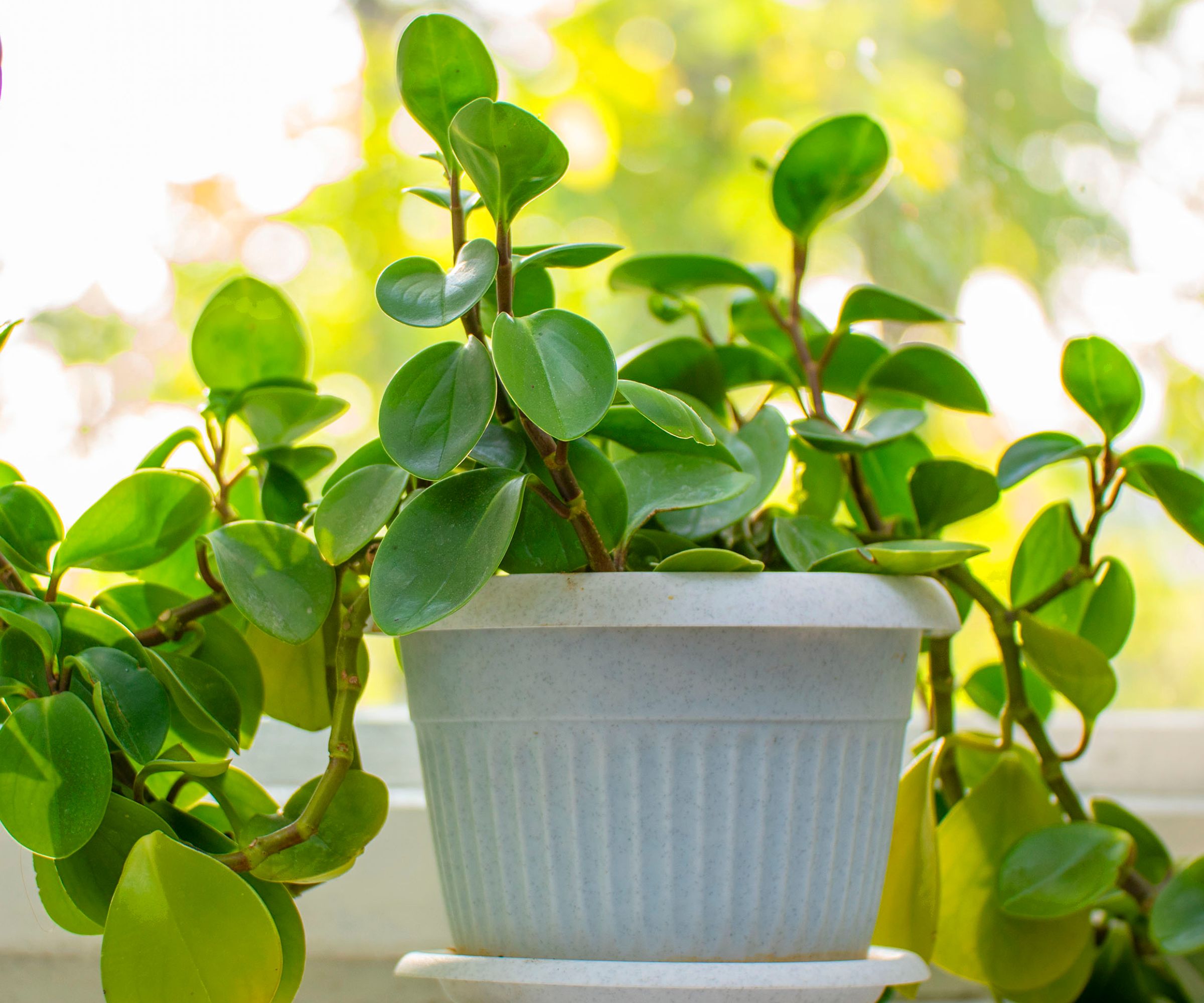
This semi-succulent plant thrives with a ‘soak-and-dry’ watering approach, meaning it should only be watered when the top inch of soil has completely dried out.
Overwatering is the most common mistake made with a trailing jade plant. Its semi-succulent nature allows it to store moisture in its leaves, but excessive watering can result in root rot, which can quickly lead the plant to become unhealthy and even die.
In terms of watering frequency, you will generally need to water the plant every seven to 10 days during the growing season (spring and summer) – but again, this will depend on how quickly the soil dries out. Adjust the watering frequency accordingly, as factors such as humidity, soil type, temperature, and the plant's growth rate can influence drying times. For example, during winter, when growth slows, reduce watering – to around once every two to three weeks – to accommodate the plant’s lower needs.
To check if it’s time to water, insert your finger into the soil up to the second knuckle – if it feels dry, it’s time to give your plant a drink.
3. Maintain moderate humidity
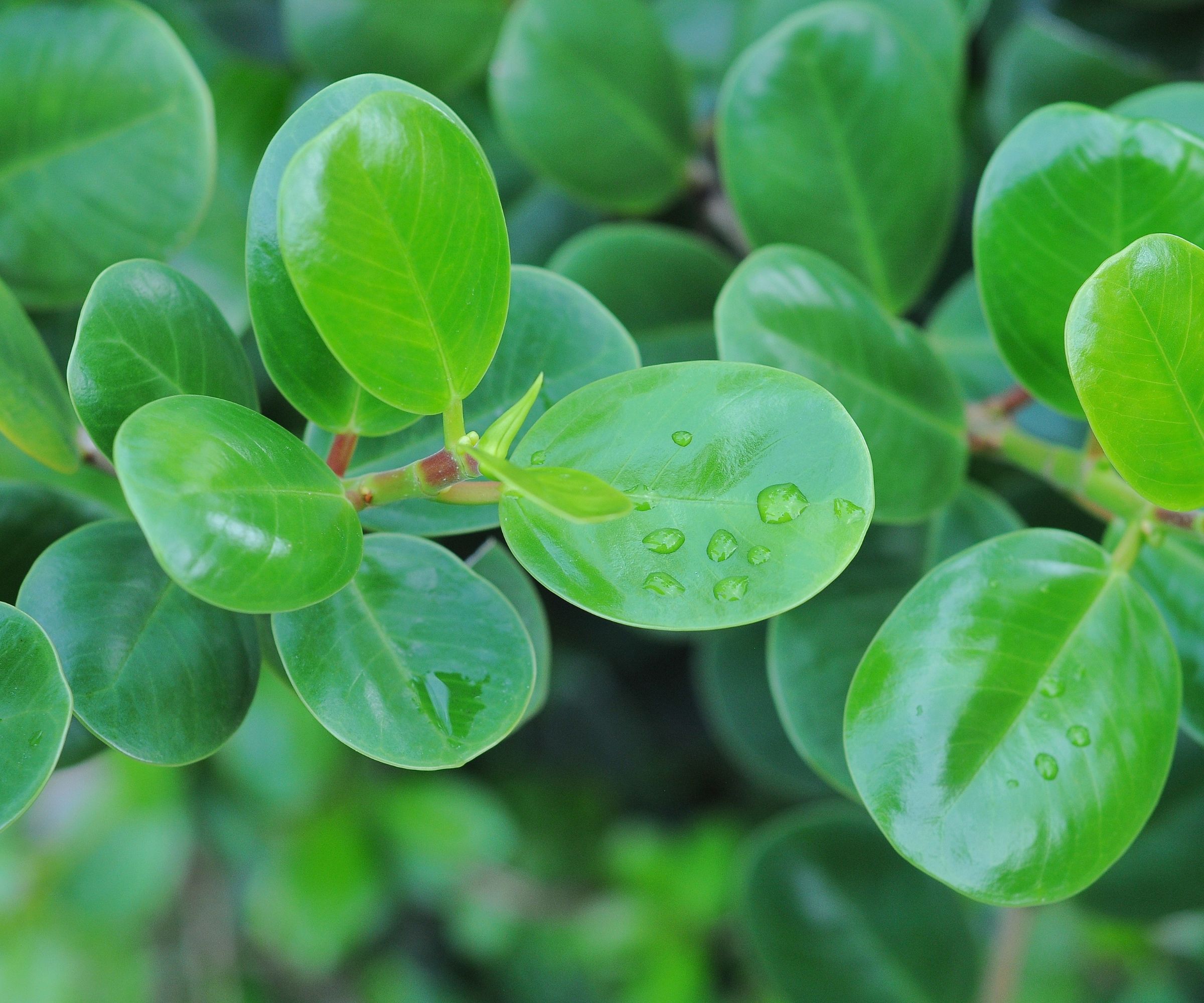
Trailing jades come from tropical climates which means they have a preference for moderate humidity, around 40%–60%. ‘Though they cope very well in the typical humidity levels found indoors, they do prefer slightly increased levels,' explains John Haryasz, horticulture writer, and landscape designer at Privacy Shrubs.
You can use a hygrometer, such as these two mini hygrometers, from Amazon to monitor humidity levels, allowing you to adjust them accordingly.
To increase humidity for indoor plants, John recommends: 'Occasionally mist them or place a pebble tray to raise humidity levels, especially during dry periods.’ Alternatively, you can use a humidifier set to maintain a consistent humidity level within their preferred range.
4. Keep the temperature within 65°F to 75°F
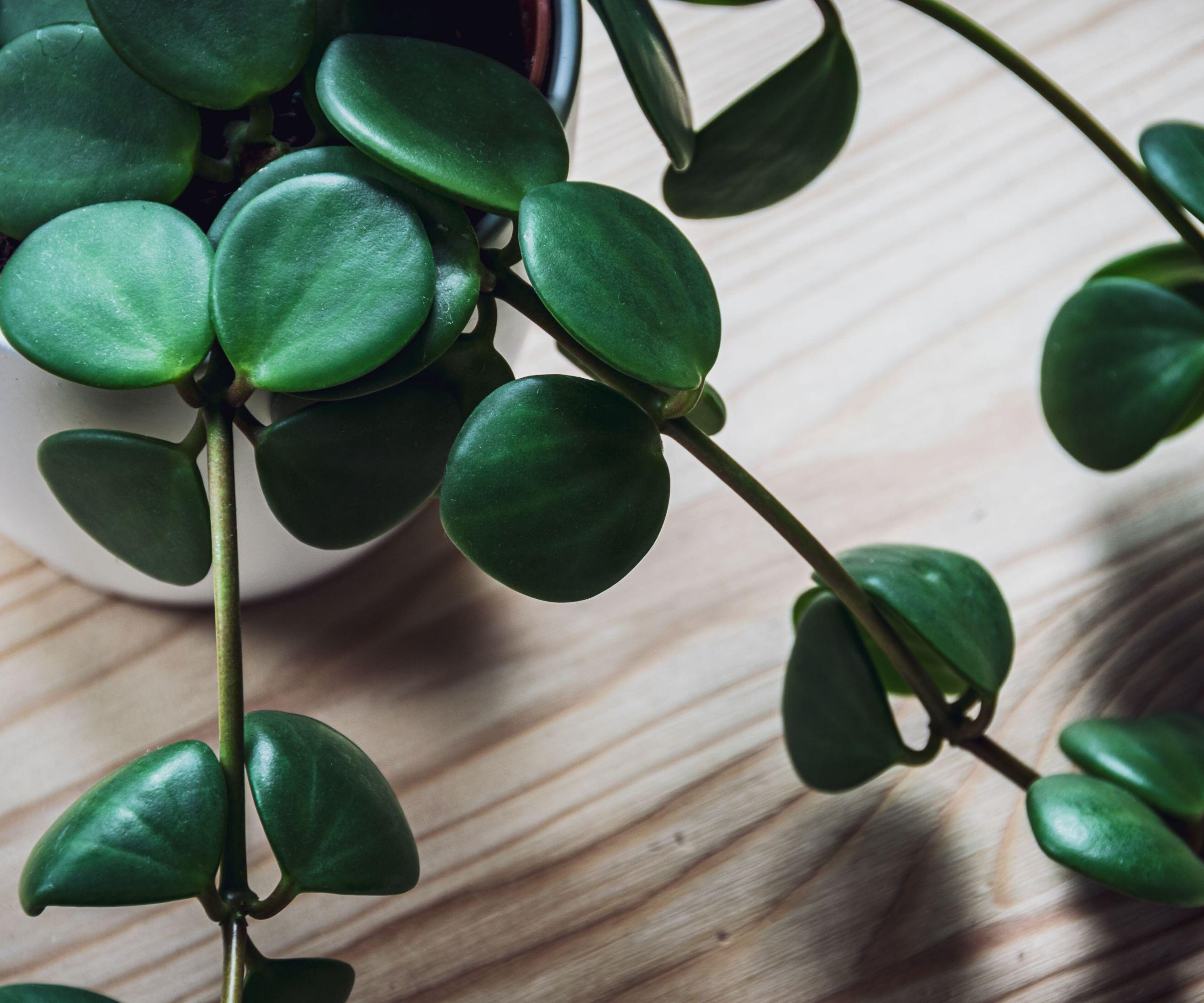
Temperature also plays a crucial role in the health of trailing jade. This succulent thrives in warm conditions. ‘The best temperature range for this radiator plant is 65°F-75°F,' says Kaushikan Ganesan.
'These plants should not be placed in drafts, near heaters or air conditioners as those conditions would be stressful for the plants.’
The best spot for trailing jade plants is typically near a warm, stable area of the house, such as a living room or hallway, where temperatures remain consistent within this range.
5. Use well-draining soil and pots with drainage holes
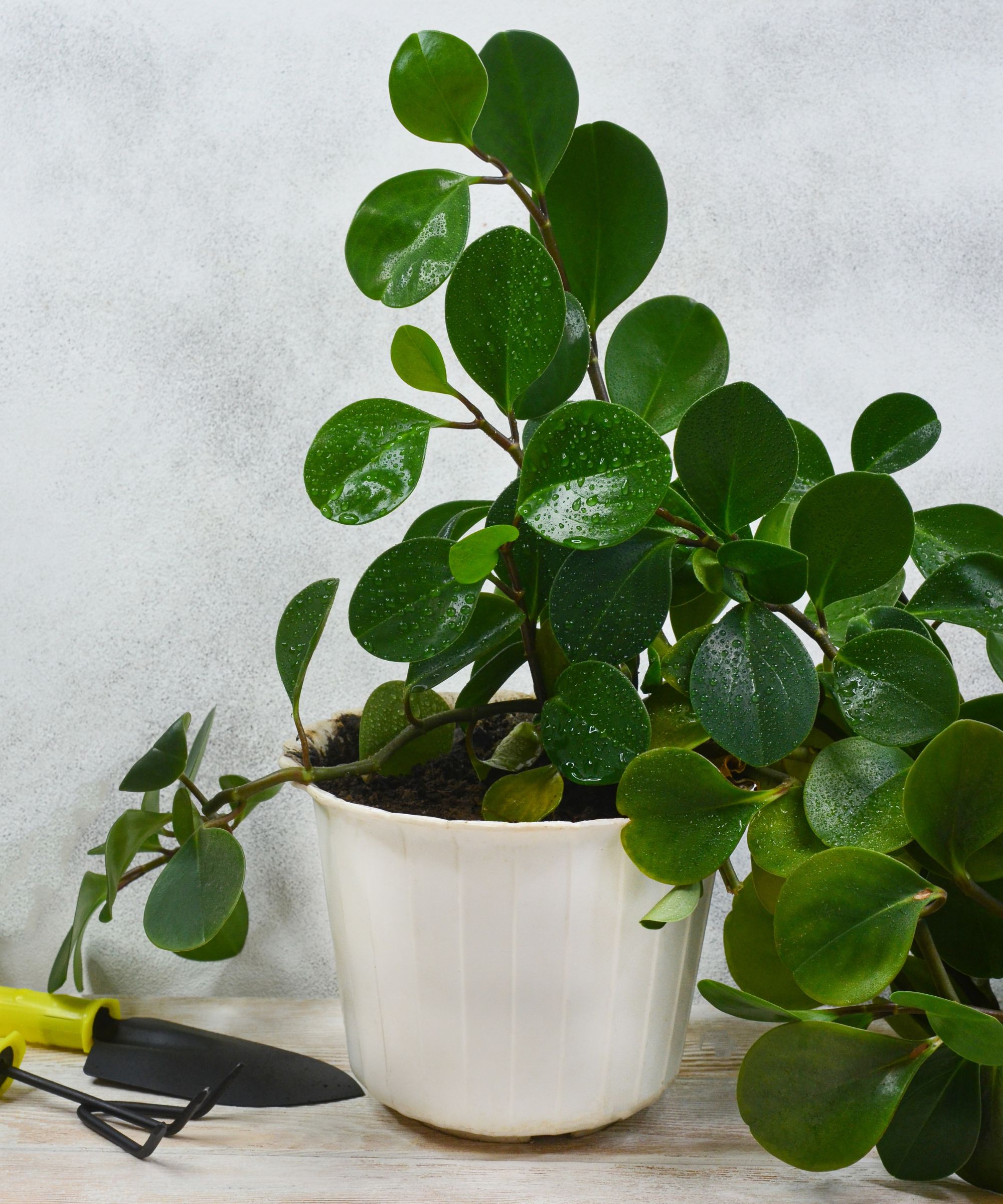
The choice of soil is important for ensuring healthy growth, and avoiding issues such as root rot. Trailing jade prefers sandy, well-draining soil that closely mimics their natural environment.
It's best to use potting mix that is specifically designed for cacti and succulents, as these mixes are formulated to allow proper drainage. We recommend this Harris succulent and cactus potting mix from Walmart.
In addition to the right soil, John Haryasz emphasizes the importance of proper drainage. ‘Drainage holes at the bottom side of the pot are also necessary as well to prevent the moisture from being trapped,’ he says. We love this Hendrikka ceramic pot with drainage holes from Wayfair. Additionally, pots made from materials such as terracotta or clay are ideal, as they are naturally absorbent and help draw excess moisture away from the roots and allow for better airflow to the roots, promoting overall plant health.
Without adequate drainage, water can accumulate at the bottom of the pot, leading to root rot and other complications. Ensuring that both the soil and the pot provide optimal drainage is key keeping your trailing jade plant healthy.
6. Fertilize sparingly during the growing season
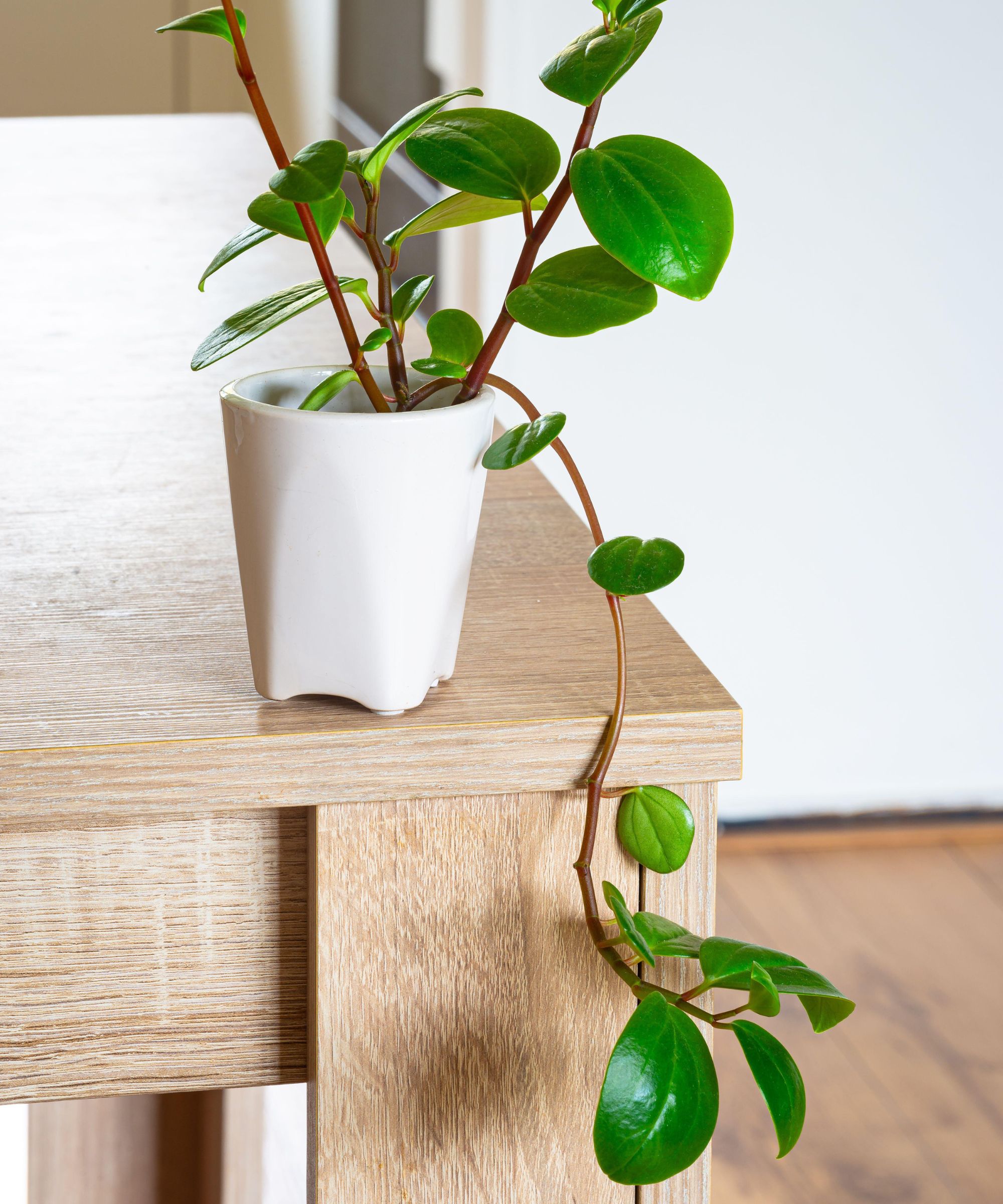
During the growing season in spring and summer, feed your trailing jade with a diluted, half-strength balanced liquid fertilizer once a month to encourage healthy growth. This Miracle-Gro Succulent Plant Food is a best seller on Walmart.
A good choice is a water-soluble fertilizer with an N-P-K ratio of 10-10-10 or 20-20-20, as it provides the right balance of nutrients for these plants.
However, in fall and winter, when the plant enters its dormant phase, stop fertilizing as the plant's growth slows.
7. Prune before the growing season
For the lush, trailing effect that makes the jade plant so appealing, prune it consistently, regularly trimming back any elongating growth.
Prune in early to late spring before the active growing season to stimulate new growth, encourage a fuller shape and the plant branch out. Trim any dead or damaged stems, including leggy growth to keep the plant looking its best.
Don’t hesitate to propagate the cuttings, as trailing jade roots easily and can create a stunning cascading display.
8. Inspect for pests regularly
Although trailing jade plants are generally pest-resistant, mealybugs can occasionally appear when the plant is stressed. They leave behind a cotton-like residue where the leaves meet the stems, so an infestation should be relatively easy to spot.
Inspect the leaves periodically, and if you notice pests, use neem oil on the plant or rubbing alcohol to get rid of mealybugs. This Bonide Captain Jack's neem oil from Amazon comes in a ready-to-use spray bottle for convenience.
9. Repot every few years
It's important to repot your trailing jade into a larger container every couple of years to refresh the soil and prevent it from becoming root-bound.
Spring is the ideal time for repotting, as it aligns with the plant's natural growth cycle.
Not only are jade plants resilient and beautiful, but they also purify the air, making them a valuable addition to your home. Keep this in mind as you choose spots in your home for both aesthetic and health benefits.
If you want to expand your collection, Kaushikan Ganesan suggests propagating them: 'Trailing jade plants are easy to propagate by cuttings. Simply cut a portion of stem with a few leaves, place it in a shaded spot for a day, and then plant it in humid soil to take root.'

Lola Houlton is a news writer for Homes & Gardens. She has been writing content for Future PLC for the past six years, in particular Homes & Gardens, Real Homes and GardeningEtc. She writes on a broad range of subjects, including practical household advice, recipe articles, and product reviews, working closely with experts in their fields to cover everything from heating to home organization through to house plants. Lola is a graduate, who completed her degree in Psychology at the University of Sussex. She has also spent some time working at the BBC.

